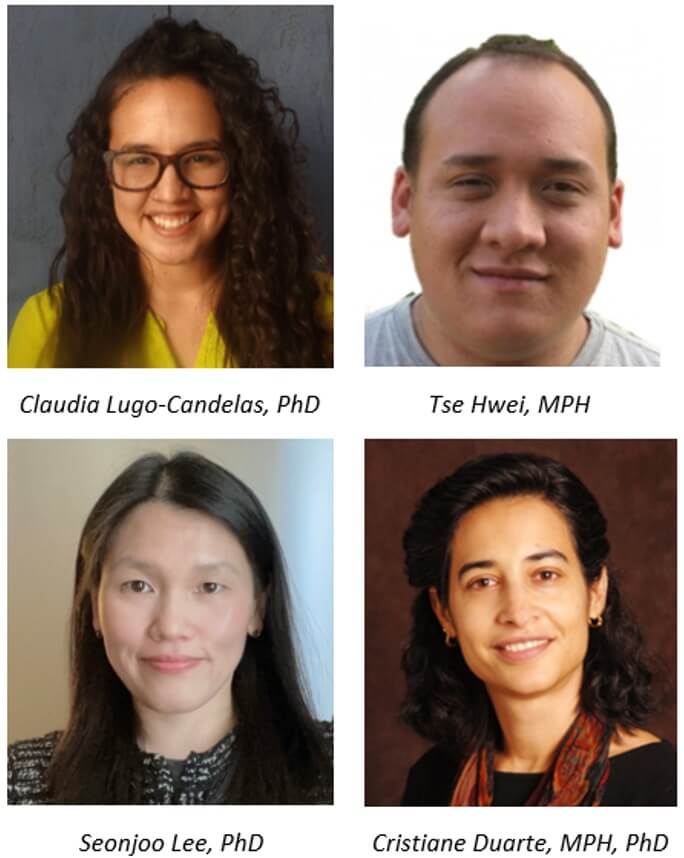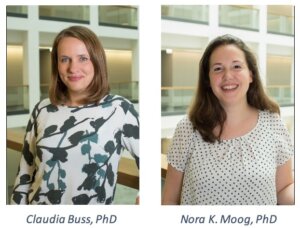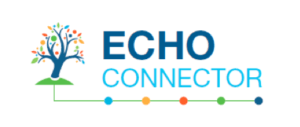<< Back to Research Summaries
ECHO Study Suggests Maternal Sleep During Second Trimester of Pregnancy May be Associated with ADHD Symptoms and Sleep Quality in Early Childhood
Authors: Claudia Lugo-Candelas, Tse Hwei, Seonjoo Lee, Cristiane Duarte, et al.
Who sponsored this study?
The Environmental influences on Child Health Outcomes (ECHO) Program, Office of the Director, National Institutes of Health supported this research.
Why was this study needed?
Sleep difficulties are common in pregnancy. Poor prenatal sleep may relate to negative outcomes for both parent and child, including pregnancy complications and certain birth outcomes. The impact of poor prenatal sleep may also extend beyond pregnancy and birth and may increase the risk for neurodevelopment disorders in offspring, particularly attention-deficit/hyperactivity disorder (ADHD).
In this study, ECHO researchers aimed to study potential associations between poor prenatal sleep and an increased risk of ADHD symptoms and sleep problems in offspring.
What were the study results?
Prenatal sleep quality and duration, particularly in the second trimester, appeared related to children’s risk for ADHD, emotional reactivity, and sleep problems at age 4. Longer sleep duration in the second trimester was associated with fewer ADHD symptoms in children. Poorer sleep quality scores in the second trimester were associated with greater offspring ADHD symptomatology. Shorter duration and poorer quality of sleep during the second trimester were also associated with more sleep difficulties in children.
Footnote: Results reported here are for a single study. Other or future studies may provide new information or different results. You should always consult with a qualified healthcare provider for diagnosis and for answers to your personal questions.
What was the study's impact?
This study extends prior work by examining the associations between self-reported prenatal maternal sleep health and offspring ADHD symptoms in early childhood in a large, socio-demographically diverse sample in the U.S., including Puerto Rico.
Who was involved?
The research team used data from 794 mother-child pairs across five ECHO research sites. All enrolled pairs with available prenatal sleep and offspring ADHD assessments before age seven were included. The pregnant participants were between 27 and 37 years old.
What happened during the study?
Pregnant people reported on their sleep during pregnancy using self-report questionnaires and reported on children's symptoms and behaviors when children were between 3 and 5 years old. The study assessed the children’s ADHD symptoms and associated characteristics using the Child Behavior Checklist Preschool Version, a widely used parent report that measures behavior problems in children.
What happens next?
Future studies are needed to replicate these findings, as well as investigate the possible mechanisms. Poor sleep may impact inflammation in pregnancy and offspring development, but studies have not examined that association.
Where can I learn more?
Access the full journal article, titled “Prenatal sleep health and risk of offspring ADHD symptomatology and associated phenotypes: A prospective analysis of timing and sex differences in the ECHO Cohort,” in The Lancet Regional Health - Americas.
The content is the responsibility of the authors and does not necessarily represent the official views of the National Institutes of Health.
Published October 9, 2023
Read More Research Summaries
Patterns of Substance Use during Pregnancy Predict Child Behavior Problems
Authors: Sarah Maylott, et al.
How Does Phthalate Exposure During Pregnancy Affect Newborn Brain Development?
Authors: Authors: Leny Matthew, Craig Newschaffer, et al.
Does Prenatal PFAS Exposure Affect a Child’s Risk for Developing Autism-related Traits?
Authors: Jennifer Ames, Ghassan Hamra, et al.
How do neighborhood environmental and social conditions affect pregnancy and infant health?
Author(s): Sheena Martenies, et al.




 Collaborative ECHO research led by Claudia Lugo-Candelas, PhD, Tse Hwei, MPH, Seonjoo Lee, PhD, and Cristiane Duarte, MPH, PhD of the Columbia University Irving Medical Center and New York State Psychiatric Institutes investigates the effect of prenatal sleep on children’s health outcomes, including neurodevelopment disorders and sleep quality. This research, titled “Prenatal sleep health and risk of offspring ADHD symptomatology and associated phenotypes: A prospective analysis of timing and sex differences in the ECHO Cohort,” is published in
Collaborative ECHO research led by Claudia Lugo-Candelas, PhD, Tse Hwei, MPH, Seonjoo Lee, PhD, and Cristiane Duarte, MPH, PhD of the Columbia University Irving Medical Center and New York State Psychiatric Institutes investigates the effect of prenatal sleep on children’s health outcomes, including neurodevelopment disorders and sleep quality. This research, titled “Prenatal sleep health and risk of offspring ADHD symptomatology and associated phenotypes: A prospective analysis of timing and sex differences in the ECHO Cohort,” is published in  Children of mothers who experienced childhood abuse or neglect may have a higher risk for developing asthma, ADHD, autism spectrum disorder, and certain mental health issues, according to a study funded by the Environmental influences on Child Health Outcomes Program (ECHO) at the National Institutes of Health.
Children of mothers who experienced childhood abuse or neglect may have a higher risk for developing asthma, ADHD, autism spectrum disorder, and certain mental health issues, according to a study funded by the Environmental influences on Child Health Outcomes Program (ECHO) at the National Institutes of Health.